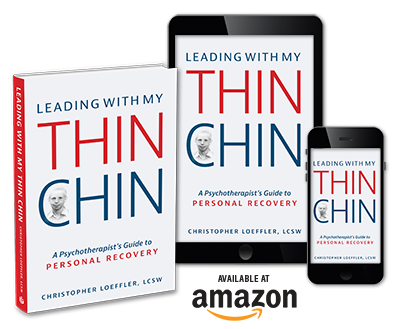The Recovery Process

How does the process unfold?
Of course this depends on you, the client. Where you are in your life, what you believe you need. Chances are, if you’ve done therapy before, you will want to focus on specifics. Recovery from victimization may not be your priority although it’s likely to emerge.
If you’re entering therapy for the first time, you will have some instincts as to your needs but also want some guidance. Psycho-education and experiential work are both in order.
The first (psycho-education) will explain how individuation (seeing yourself in comparison to those closest to you) proceeds through growing self-awareness, self-acceptance, and self-empathy, the key to genuine relationality. The second (experiential work) will spotlight the role of affect (feelings) in both understanding and developing compassion and empathy for yourself and, in turn, for other people.
At Forays, I like to start all clients with their preliminary “narrative statement.” This means encapsulating your life story so far. Doing so allows us immediate insight into your beliefs about yourself, their roots, and how you’ve lived your life to date. Like a ball of thread, as this process unwinds, together we identify the opportunities for growth. Victim recovery will quickly find its appropriate place as we move along.
“I name my practice Forays, meaning an excursion into the unknown. But, by now, for me, therapy is no longer an excursion but an adventure in exploring our inner world."
From Pushing Back the Darkness, page 213

612 Washington Street, Suite 105, Denver, Colorado 80203 | 303-936-9946
